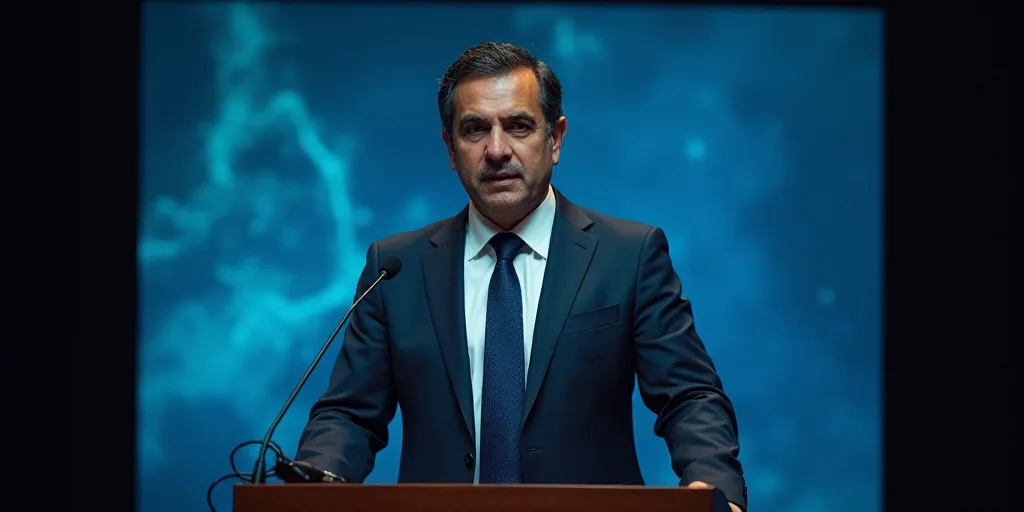Following US President Donald Trump’s announcement of imposing tariffs on imports from almost all countries, with a special focus on Southeast Asian nations, BBVA México has noted that Mexico faces less relative damage. This presents advantages for nearshoring opportunities in the country.
Key Points
- Exclusion from Tariffs: Despite not being directly listed, tariffs do apply to Mexican exports of cerveza and persist for automobiles, steel, and aluminum.
- Relative Advantage over China: Mexico’s lower relative protectionism compared to competitors like China creates a competitive edge.
- Potential Nearshoring Revival: The analysis suggests that these tariffs could revitalize nearshoring between Mexico and the US in the medium term.
- 12% Tariff Instead of 25%: If satisfactory agreements on security and drug trafficking are reached, non-TMEC exports might face a 12% tariff instead of 25%
- Violation of T-MEC: The continuation of tariffs on Mexican auto, steel, aluminum, and canned beer exports is seen as violating the T-MEC.
- Positive Market Reaction: Post-announcement, the peso appreciated by 1.26%.
While tariffs will have negative effects on global and US economies, Mexico’s lower relative protectionism could benefit its access to the US market and attract investments, potentially boosting nearshoring opportunities.



